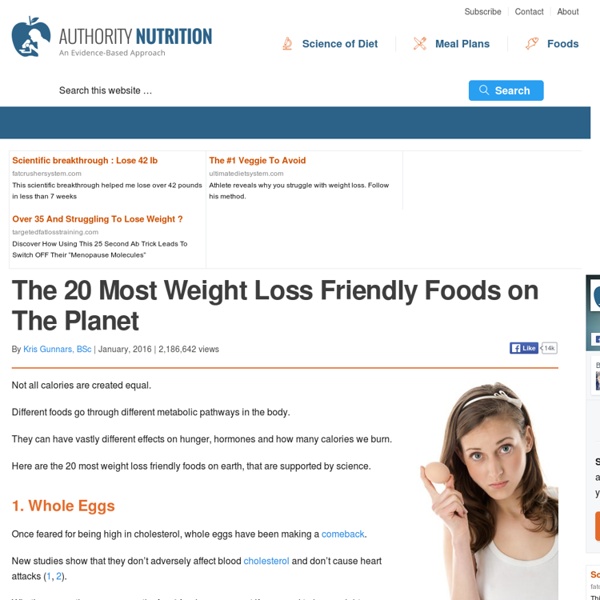



Modern Nutrition Policy is Based on Lies and Bad Science January 19, 2013 | by Kris Gunnars | 19,717 views | 23 Comments Two weeks ago I posted a presentation by comedian Tom Naughton about the difference between good and bad science. A must-watch for anyone interested in nutrition, in my opinion. Today, we’re back with Tom Naughton but this time he tackles the science (or lack thereof) that originally implicated fat as a cause of cardiovascular disease and shaped the dietary guidelines of the past few decades, with devastating consequences. This is actually a video split into 6 parts, total run time is a little over an hour. The Seven Countries Study In the year 1958, an American scientist called Ancel Keys started a study called the Seven Countries Study, which examined the association between diet and cardiovascular disease in different countries. The study revealed that the countries where fat consumption was the highest had the most heart disease, supporting the idea that dietary fat caused heart disease. The McGovern Committee
10 Proven Health Benefits of Coconut Oil (No. 3 is Best) Coconut oil is one of the few foods that can be classified as a “superfood.” Its unique combination of fatty acids can have profound positive effects on health. This includes fat loss, better brain function and various other amazing benefits. Here are the top 10 health benefits of coconut oil that have been experimentally confirmed in human studies. 1. Coconut oil has been demonized in the past because it contains saturated fat. However, new data is showing that saturated fats are harmless. Additionally, coconut oil doesn’t contain your average run-of-the-mill saturated fats like you would find in cheese or steak. No, they contain so-called Medium Chain Triglycerides (MCTs) – which are fatty acids of a medium length. Most of the fatty acids in the diet are long-chain fatty acids, but the medium-chain fatty acids in coconut oil are metabolized differently. 2. Coconut is kind of an “exotic” food in the Western world, primarily consumed by health conscious people. 3. 4. 5. 6. 7. 8. 9. 10. 11.
Grass-Fed vs Grain-Fed Beef – What's The Difference? The way cows are fed can have a major effect on the nutrient composition of the beef. Whereas cattle today is often fed grains, the animals we ate throughout evolution roamed free and ate grass. Many studies have shown that the nutrients in beef can vary depending on what the cows eat. It’s not only important what we eat. It also matters what the foods that we eat, ate. The Difference Between Grass-Fed and Grain-Fed Cows Most cows start out living similar lives. The calves are born in the spring, drink milk from their mothers and are then allowed to roam free and eat grass, shrubs or whatever edible plants they find in their environment. This continues for about 6 to 12 months. Large feedlots are called Concentrated Animal Feeding Operations (CAFOs), which tend to be really nasty places, one of the few things the vegans and I agree on. There, the cows are rapidly fattened up with grain-based feeds, usually made with a base of soy or corn. Differences in Fatty Acid Composition Take Home Message